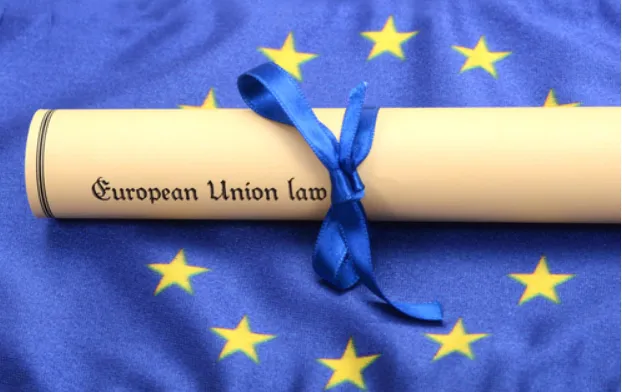
What Certifications to Export Protective Clothing to the EU?
General Clothing Exports to the EU:
Most general clothing items do not require CE certification when exported to the EU. Usually, compliance with the REACH cheMICal safety regULation is sufficient. Exceptions include personal protective equipment (PPE), infant clothing, or medical apparel, which have specific certification requirements. For standard clothing, common tests include azo dye content, colorfastness, and physical performance testing, though these are not mandatory.

CE Certification for Protective Clothing:
Protective clothing that qualifies as Personal Protective Equipment (PPE) must comply with the Personal Protective Equipment Directive (PPE Directive). This ensures the clothing meets the EU's safety and performance standards and obtains the CE certification. The CE mark signifies compliance with the EU's requirements for safety, health, and environmental protection within the European Economic Area (EEA).
Relevant Standards for CE Certification of Protective Clothing:
1. General Protective Clothing Requirements: EN ISO 13688
2. Rainwear: EN 343
3. Anti-Static Clothing: EN 1149-5
4. High-Visibility Clothing & Accessories: EN ISO 20471, EN 1150, EN 13356, EN 17353
5. Fire-Resistant & Heat-Protective Clothing: EN ISO 14116, EN ISO 11611, EN ISO 11612, EN 469
6. Cold-Resistant Clothing: EN 342, EN 14058
7. Chemical & Infectious Substance Protective Clothing: EN 943-1, EN 13034, EN 14605, EN ISO 13982-1, EN 14126
8. Motorcycle Clothing: EN 17092
9. Medical Protective Clothing: EN 13795-1, EN 13795-2
Typical Tests for Protective Clothing:
1. Performance Tests:
- Abrasion resistance
- Cut resistance
- Tear resistance
- Puncture resistance
- Impact resistance for protective footwear caps
- Electrical properties for conductive and anti-static shoes
- Reflective performance
- Heat protection
- Permeability
- Filtration efficiency
2. Chemical and Safety Tests:
- Prohibited azo dyes
- pH level
- Hexavalent chromium
- Anti-static properties
- Nickel release
- Colorfastness
Common Tests for General Clothing:
1. Composition Analysis: Evaluating single or multi-component fabric compositions.
2. Colorfastness Tests: Resistance to water, perspiration, friction, washing (soapy and water-based), dry cleaning, light, light-and-perspiration, and chlorine bleaching.
3. Physical Strength Tests: Break strength, tear strength, pilling resistance, etc.
4. Safety Tests: Testing for heavy metals, odors, etc.
Common Standards for Clothing Exported to the EU:
1. CE Certification: For general consumer goods, compliance with EU product safety requirements is mandatory. The CE mark ensures the product meets EEA safety, health, and environmental standards.
2. reach regulation: The Registration, Evaluation, Authorization, and Restriction of Chemicals (REACH) regulates chemical substances in clothing. All chemicals used must be registeRED and meet REACH requirements.
3. Textile Labeling Requirements: The EU mandates that exported textiles include labels detailing composition, washing and care instructions, and the country of origin. Labels must comply with EU textile labeling standards.
Additional Considerations:
Specific certification requirements may vary depending on the type and purpose of the clothing. For instance, children's clothing may need to comply with additional safety standards. Consulting a professional certification body, such as China JJR Laboratory Testing, can provide detailed guidance on the certification process and requirements for your specific products.
Email:hello@jjrlab.com
Write your message here and send it to us
 Canada ISED Certification RSS-247 Standard Testing
Canada ISED Certification RSS-247 Standard Testing
 What Are the Product Compliance for Amazon Austral
What Are the Product Compliance for Amazon Austral
 Australia IoT Security Compliance
Australia IoT Security Compliance
 V16 Warning Light EU EN 18031 Cybersecurity Certif
V16 Warning Light EU EN 18031 Cybersecurity Certif
 Japan IoT Security JC-STAR Certification
Japan IoT Security JC-STAR Certification
 FCC SDoC Compliance Information Statement
FCC SDoC Compliance Information Statement
 What Does FCC SDoC Certification Mean?
What Does FCC SDoC Certification Mean?
 What is Bisphenol A (BPA) Testing?
What is Bisphenol A (BPA) Testing?
Leave us a message
24-hour online customer service at any time to respond, so that you worry!




